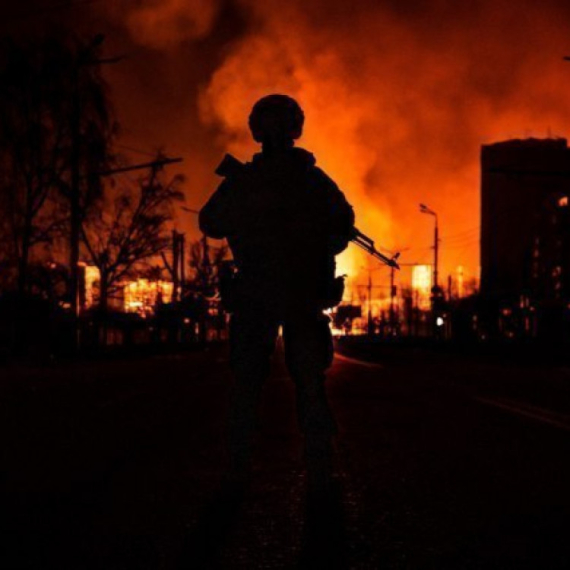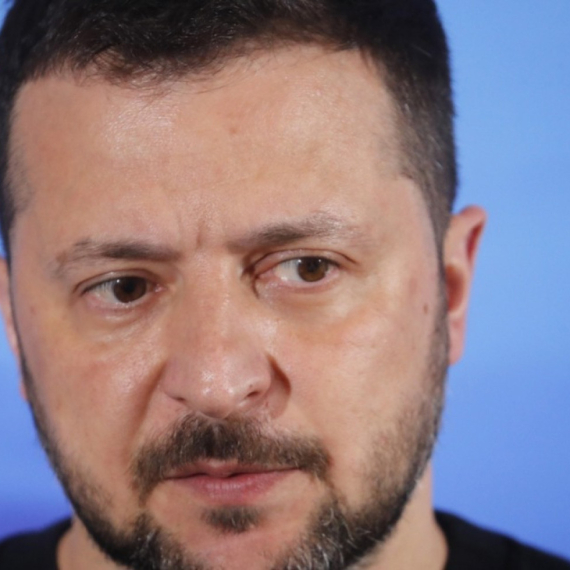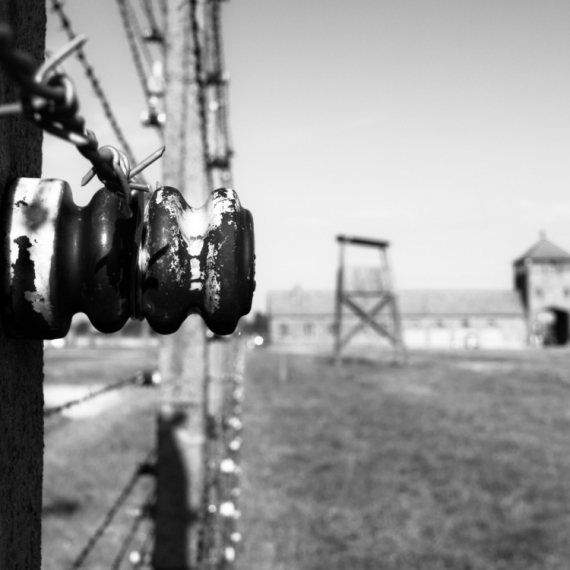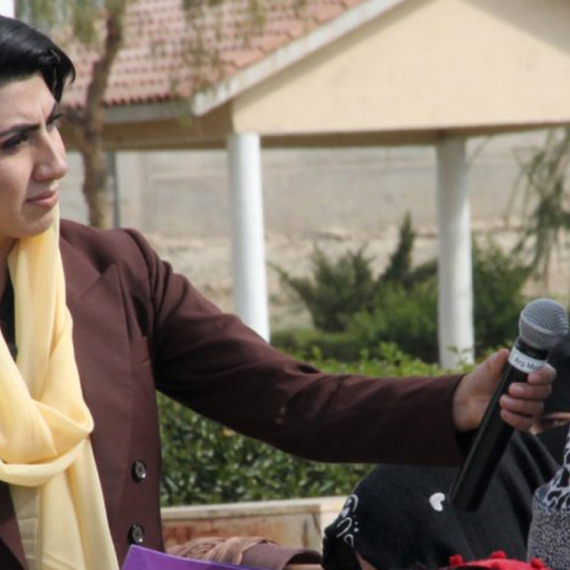UN anti-racism day marked
Today marks the International Day for the Elimination of Racial Discrimination, with special attention in Serbia being paid to the plight of the Roma.
Saturday, 21.03.2009.
20:02

Today marks the International Day for the Elimination of Racial Discrimination, with special attention in Serbia being paid to the plight of the Roma. The international day for eliminating all kinds of racial discrimination was introduced by the United Nations in 1966 in remembrance of the 69 people who protests against racist policy of the Apartheid, and were killed on March 21, 1960, in South Africa. UN anti-racism day marked Serbia is not a country of racism and hate, but incidents that seriously violate the rights of citizens do occur, Citizens Rights Ombudsman Sasa Jankovic said today. The League for the Decade of Roma called on all political leaders in Serbia to make progress in efforts of battling racism and prejudice which effect some 400,000 Romas (Gypsies) living in the country. “Scattered racist and chauvinistic incidents and hate speech, seriously violate human rights of individual citizens and endanger the stability of relations in a multi-ethnic and multi-religious community such as ours,” Jankovic said. The Human and Minority Rights Ministry states that racial, and all other types of discrimination, can be rooted out only through education. While officials say that there should be effective sanctioning of participators in racial incidents, leader of the neo-Nazi organization Nacionalni Stroj Goran Davidovic is currently in Italy where he has reportedly fled, instead of serving a prison sentence. The Roma population is most effected by racism throughout the Balkans. The state and Belgrade ombudsmen have started an initiative for one school in the capital to be named after a Roma boy, Dusan Jovanovic, murdered in the street by a group of skinheads in 1997. The League for he Roma Decade stated that stopping hate speech against this community "must become a political priority in the country".
UN anti-racism day marked
Serbia is not a country of racism and hate, but incidents that seriously violate the rights of citizens do occur, Citizens Rights Ombudsman Saša Janković said today.The League for the Decade of Roma called on all political leaders in Serbia to make progress in efforts of battling racism and prejudice which effect some 400,000 Romas (Gypsies) living in the country.
“Scattered racist and chauvinistic incidents and hate speech, seriously violate human rights of individual citizens and endanger the stability of relations in a multi-ethnic and multi-religious community such as ours,” Janković said.
The Human and Minority Rights Ministry states that racial, and all other types of discrimination, can be rooted out only through education.
While officials say that there should be effective sanctioning of participators in racial incidents, leader of the neo-Nazi organization Nacionalni Stroj Goran Davidović is currently in Italy where he has reportedly fled, instead of serving a prison sentence.
The Roma population is most effected by racism throughout the Balkans.
The state and Belgrade ombudsmen have started an initiative for one school in the capital to be named after a Roma boy, Dušan Jovanović, murdered in the street by a group of skinheads in 1997.
The League for he Roma Decade stated that stopping hate speech against this community "must become a political priority in the country".











































Komentari 1
Pogledaj komentare